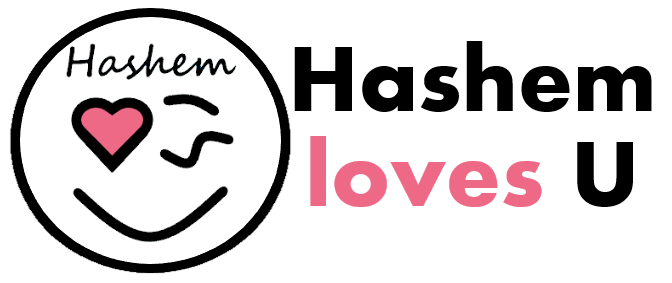Because this series is sequential, make sure to check out [In love 24/7] #2 – “…and you must love” (Part I)
We’re all familiar with so many heroic fictional characters featured in comic book stories, movies, and video games who were attributed with supernatural abilities, granting them the perfect means to complete their mission and save the world! Some examples of such superpowers are ultra-strength, laser vision, invisibility, and telepathy.
If you were to choose any superpower, which would you choose? What would be the greatest, most effective means of getting through any obstacle in your own personal life?
Every superhero’s innate power is exactly what makes up their character, establishes their designated name, and ultimately defines the special purpose they identify with.
The same is true for all of us. The answer is within! The chief, most necessary qualification to live a life of all-round success and accomplishment is the devout belief in oneself. Each one of us was given our very own mission and the superpowers (attributes, abilities, and talents) to complement this lofty purpose. As one becomes more aware of their unique superpowers and realizes their lone mission only they themselves are able to fulfill, so too, the world synchronously becomes elevated and closer to completion. With every challenge, effort taken, and step in the right direction, Hashem lifts us up as a Father raises His only child. Our sages reassure us that Hashem doesn’t give a person a test that they can’t overcome (1) and only expects one to perform according to their capacity. (2) You are a soldier, a partner in creation, and Hashem’s child all in one. With all of your innate abilities together with Hashem’s help, you can overcome all obstacles and achieve anything.
Now to answer the most FAQ: (3)
Is it really possible to force someone to love you? How could God expect us to fabricate such an amazingly and gloriously heartfelt feeling on demand?
לְךָ֤ ׀ אָמַ֣ר לִ֭בִּי בַּקְּשׁ֣וּ פָנָ֑י אֶת־פָּנֶ֖יךָ יְהוָ֣ה אֲבַקֵּֽשׁ
“To You (Hashem), my heart says, “Seek My face!” Oh, Hashem, I seek Your face!” (Psalms 27:8).
The Sfat Emet and others (4) address this question head-on with utmost simplicity as if the answer is totally obvious! As we’ve learned, God would never ask a person to do something they aren’t capable of. The very fact that Hashem commanded us to love Him indicates that deep within our hearts, exists a bountiful supply of blazing, passionate love for God which only needs to be uncovered and brought out. The sole purpose of this commandment is to only bring to your attention the love which you already have for Hashem that’s reserved in your heart and simply needs to be revealed. UNBELIEVABLE!
Here, we learn that one of the first steps to loving God is merely knowing that you’re fully capable of loving Him. Allow yourself to be loved by opening your heart to welcome true love. You are a partner with Hashem and are fully worthy of a real relationship filled with love, passion, and joy. It helps to tell ourselves this repetitively.
The same is true within our own interpersonal relationships. Marriages, friendships, and even business partnerships all emphasize the idea that each person is contributing and completing the other. Somewhere within ourselves, as well, exists a boundless, unconditional love and acceptance of oneself, being true to the awareness that we are unique and worthy of all good. Knowing that you have the potential to build a healthy relationship or improve a relationship with any person, including yourself, will help you to actually do so.
Another possible explanation for this question is that we aren’t being ordered to feel a feeling. The verse states, “You shall love,” – you shall perform acts of love and behave lovingly through your deeds and performance of God’s Will. (5) In future blogs, we’ll expand on this fascinating concept of external actions bringing about an internal change.
May Hashem help us to break through the walls of our hearts and reveal the endlessly flowing fountains of love within so that we could properly fulfill His will.
(1) Gemara Avoda Zara 3A, (2) Midrash Shemot Rabba 34 and Bamidbar Rabba 21:22, Rabbeinu Yona “Pitchei Shaarei Avodah,” Chapter 1, Likutei Tefillot 47; (3) The Rambam asks this question in Hilchot Yesodei HaTorah 2:2; partially adapted from portions of Kuntres Ma’amrei Chizuk by R’ Tzvi Meir Zilberberg; (4) Ba’er Mayim Chaim Devarim 6:5, Sfat Emet, ; (5) Shnei Luchot HaBrit “Asara Maamarot” 8:3
